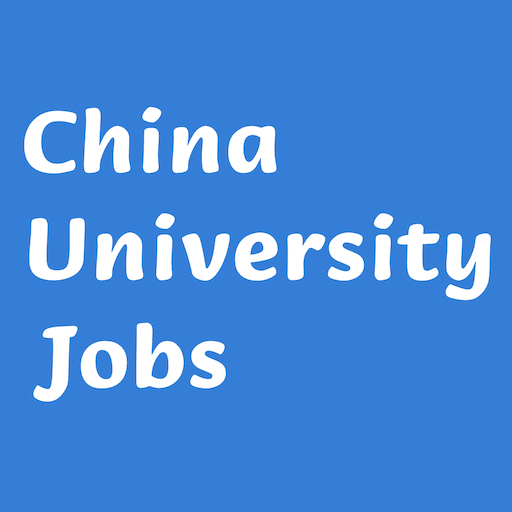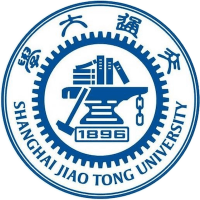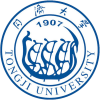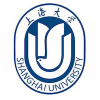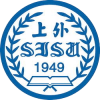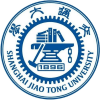Job Overview
- Apply by Oct. 25th, 2021
More Information
- Qualification PhD
- Discipline Science & Engineering


Job description:
The Particle and Nuclear Division of Tsung-Dao Lee Institute (TDLI) and The Institute of Nuclear and Particle Physics (INPAC) in School of Physics and Astronomy, Shanghai Jiao Tong University (SJTU) jointly have 1~2 immediate postdoctoral research fellow positions to work on the ATLAS experiment at CERN.
The successful candidate will participate in ATLAS experiment at CERN with good opportunities to be primarily based at CERN, and also has chance to travel to and work in Shanghai if needed. The appointee will be expected to make major contributions to ATLAS Run2/Run3 data analysis related to one or some of the following topics which the TDLI/SJTU group has been up to:
Vector Boson Scattering/Fusion in EWK/Higgs Physics and polarization extraction,
Searches for Dark Matter or other BSM new physics with boosted Vector Boson or Higgs decay signatures,
the Higgs boson self-interactions (DiHiggs and its BSM interpretation aspects),
Exotic Decays of 125GeV Higgs Boson,
Advanced tagging techniques based on jet substructures and Machine Learning,
and also good opportunities to contribute to Phase-II upgrade projects for ATLAS.
The initial appointment is 2 years (renewable) with possible promotion to the prestigious “T.D. Lee postdoctoral fellowship”, and a senior project driven long-term research scientist position based on mutual satisfaction. The candidate should have a Ph.D. in experimental particle physics or nuclear physics. The successful candidate is expected to work and base at Shanghai.
We offer an internationally competitive salary and stipends plus additional housing benefits in Shanghai. We will also provide support in national research funding applications. Prior hardware experience will be advantageous.
Interested candidates should provide a CV with research experiences and publications, a statement of research interests, and at least three support letters.
Application materials and inquiries of the position shall be sent to Prof. Shu Li (Click to show encoded email)
The review of application will begin immediately and last until the position is filled.
For full consideration, applications should be received by Oct. 25, 2021.
TDLI is a newly established prestigious national research institute in China, initiated by Prof. Tsung-Dao Lee (University Professor Emeritus at Columbia Univ., USA; Nobel Prize in Physics 1957, Albert Einstein Award 1957), directly approved by China’s Central Government, co-funded by Ministry of Science and Technology, the Ministry of Education, the Municipal Government of Shanghai and National Science Foundation of China. Shanghai Jiao Tong University is retained and approved by the government to operate the new Institute as its contractor and trustee, supporting world-class fundamental physics research in high energy physics, astrophysics and quantum physics. English is the working language at the institute. TDLI has an international working environment and provides diversified culture experiences. Non-Chinese-speaking candidates are equally highly encouraged to apply.
TDLI aims for establishing a top-notch physics research institute that is similar to the Niels Bohr Institute at Copenhagen and Institute of Advanced Studies at Princeton. The central government has strongly committed to this endeavor. The Institute aims to undertake three basic missions: 1) provides a platform to foster academic training, exchange, and collaborations for worldwide physicists; 2) hosts cutting-edge research programs on most fundamental questions in particle physics, cosmology and quantum physics with potential expansion to include other related areas such as the application of quantum mechanics to bioprocesses; 3) actively engages in general public science education.

